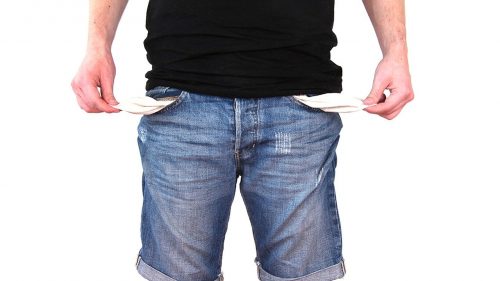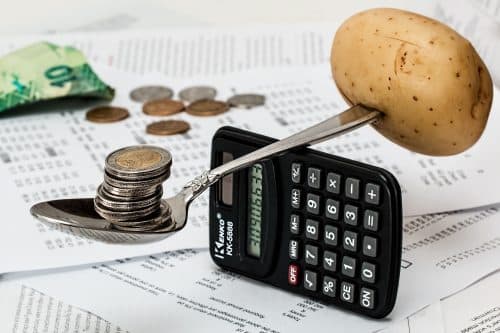The actual crisis of the coronavirus leaves many facing job cuts and layoffs wondering how they are going to pay the bills.
Day by day, we hear more strategies that can help over time.

President Donald Trump announced Friday that those who have federal student loans can suspend payments for at least the next 60 days. Interest would not continue to grow during this time, so you would be better off asking for a forbearance where interest accrues. Borrowers should contact their lenders for more details.
Federal lenders will automatically lower borrowers' interest rates to 0% "until further notice."
And there may be more relief in the offing as we pass through the crisis associated with the fight against COVID-19.
Retirement planning: Why you shouldn't review your 401(k) during the coronavirus pandemic
Planning on saving that stimulus check? Maybe you want to invest
What will happen to my student loan?
Mark Kantrowitz said student borrowers with federal student loans could see loan payments suspended with no interest accruing for up to six months, under the Republican stimulus bill introduced Friday. The suspension of payments would last three months at first and then an additional three months could be added at the discretion of the Department of Education.
Consumer watchdogs are raising concerns that services may also be tied up as they try to handle a high volume of calls during the crisis.
What if I can't pay my mortgage or home line of credit?
Homeowners facing financial stress during the crisis they also need to seek help.
If you are under financial stress, contact your mortgage lender to see if you may qualify for reduced payments or a complete pause on payments.
In some cases, mortgage payments can be suspended or reduced for up to 12 months for borrowers who were affected by the crisis of the coronavirus. Homeowners in such forbearance plans will not incur late fees.
Read More: Understand more about the tariff crisis
And then a servicer would have to work with the owner on a permanent payment plan to help maintain or reduce monthly payment amounts as needed.
“If you are or think you are going to have difficulty making your mortgage payments due to the coronavirus, you should be proactive and contact your mortgage servicer to start any relief process as soon as possible,” Gumbinger said.
“Don't wait until you start missing payments. Lenders are likely to be very busy in the coming weeks and months with applications for homeownership assistance. crisis«.




